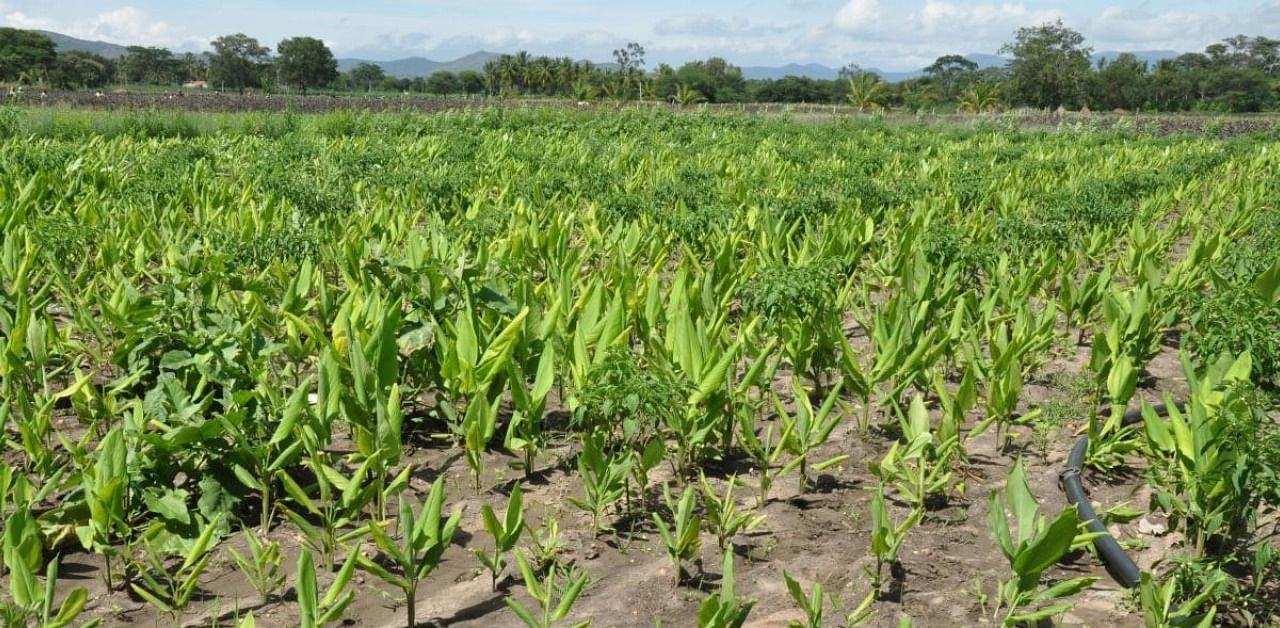
Till March, Navnath Gore was a lecturer in a college in Ahmednagar district of Maharashtra, but the Covid-19-induced lockdown took away his contract job and reduced him to a farm labourer.
Gore (32), a resident of a small village, Nigdi, in Jat tehsil of Sangli district, is also a recipient of a literary award, 'Sahitya Akademi Yuva Puraskar', but that is hardly a consolation for a man who has fallen on hard times due to the outbreak of coronavirus.
Coming to terms with the reality of losing job, a situation faced by millions worldwide, he decided to work as a farm labourer in his home district to support his family.
Gore now earns a meagre income of Rs 400 per day.
A post-graduate in Marathi from the Shivaji University in Kolhapur district, Gore started writing his maiden novel Fesati during his post-graduation days.
The book got published in 2017 and in 2018 he won the Sahitya Akademi Yuva Puraskar.
"After I won the award, I received an offer from a college in Ahmednagar district where I started working as a lecturer on a clock hour basis and used to get Rs 10,000 per month.
"In February this year, my father passed away and the responsibility of my mother and a 50-year-old brother, who is physically challenged, came on my shoulders," said Gore.
After the death of his father, Gore went home in February, but could not go back to his teaching job as the lockdown was imposed in March-end to curb the Covid-19 spread.
"I came back to my village in February. Since my job was contractual, the income from the college also stopped.
"With no income, it was difficult for us to make the ends meet. I then started taking up odd-jobs and also started working as a farm labourer in the region," he added.
Gore, who travels long distances in the region for work, said he earns around Rs 400 if he works full day.
Gore recalled his student days in Kolhapur, where, while pursuing his post-graduation, he used to work as a security guard at an ATM centre to support his family.
'Fesati' is a story of a youth, who against all odds, completes his education. The book also depicts the plight of farmers.